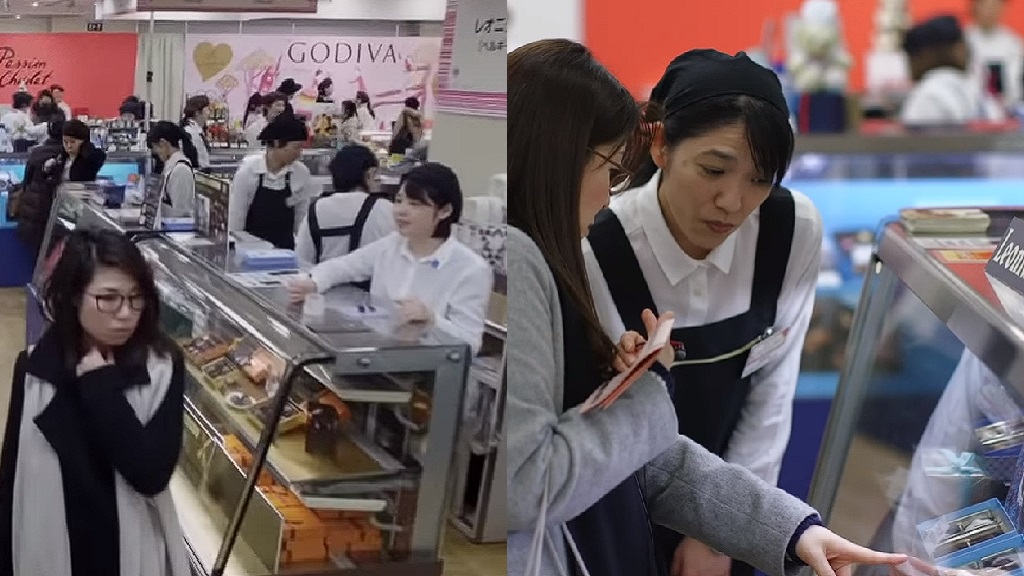A recent survey indicates that fewer Japanese women are willing to give obligatory chocolates to colleagues this Valentine’s Day, signaling a decline in the local “giri choco” tradition.
About the tradition: In Japan, it is a common practice for women to give chocolates to male colleagues, superiors and sometimes even clients as a social obligation. The “giri choco” tradition, which means “obligation chocolate,” is considered a polite gesture and not romantic.
What the figures show: The online poll conducted by Tokyo-based career consulting firm Laibo Inc., which surveyed over 500 Japanese people in their 20s to 50s, found that only 10.7% expressed willingness to give obligatory chocolates to coworkers this Valentine’s Day, reported The Mainichi. In 2019, 14.4% of respondents reported giving gifts, declining to 7.9% in 2020, 6.9% in 2021, 7.9% in 2022 and 4.8% in 2023. While this year saw a slight increase, it is still significantly lower than before the pandemic.
Reasons for the decline: Nearly 40% of respondents cited both the cost and effort required as reasons for not participating in the tradition. Meanwhile, around 80% of respondents said the rising cost of consumer prices affected their willingness to give and receive gifts. About 70% of the men polled also expressed reluctance to receive Valentine’s gifts due to the associated financial burden.
Masaichi Hori, head of communications strategy at Laibo, suggests that the reluctance to exchange chocolates may stem from concerns about potential harassment or discomfort in the workplace. He also highlighted the shift to remote work during the pandemic, which has altered traditional workplace interactions.
Rise of self-love: Meanwhile, a separate survey by Japanese marketing firm Intage Inc. found that 21.7% of women plan to purchase chocolates for themselves, marking a significant increase from the previous year of just 13.2%, reported Kyodo News. An official at Intage attributed the shift…
Read the full article here





